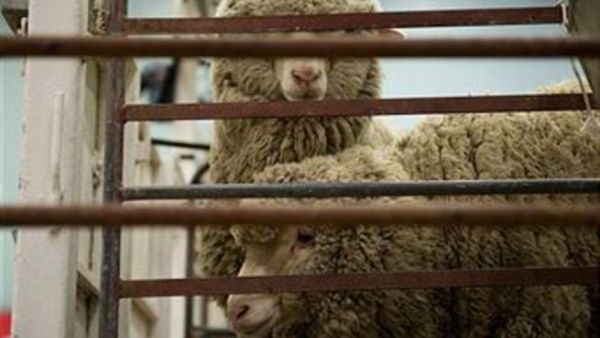Prices of sheep for slaughter during Eid Al Adha are expected to range between JD140 and JD300 per animal, according to the Foodstuff Traders Association (FTA).
FTA President Samer Jawabreh told The Jordan Times that 186,000 sheep are available in the local market for this year's feast or sacrifice period, which marks the end of the pilgrimage season when Muslims of sufficient means are required to sacrifice livestock in remembrance of the Prophet Ibrahim's willingness to sacrifice his son Ismail for God.
Indicating that around 70,000 local sheep are available in the market, whose prices range between JD250 and JD300 per head, he noted large numbers of livestock have been imported from various countries to offer consumers a variety in prices. A total of 22,000 sheep were imported from Georgia to be sold at prices between JD140 and JD165 each and 24,000 from Australia at around JD200 per sheep, Jawabreh said, adding that traders have also imported around 70,000 sheep from Romania, whose prices will be around JD4 per kilo.
Due to the large number of sheep available in the market, the FTA president said he expected prices to remain stable during the four-day Eid. "Over the past five years demand for sheep during Eid Al Adha went down as incomes of the majority of Jordanians remained stable, while sheep prices increased sharply," he explained, adding that this year supply is set to outweigh demand. Another reason for the drop in demand, according to Jawabreh, is that many people prefer to present sacrifices through Tkiyet Um Ali, which offers sheep at JD99 per head. Noting that local sheep have become unattractive to consumers because of their high prices, he pointed out that sheep prices on international markets have also gone up because of rising costs of fodder, transportation and insurance. In a bid to achieve food security in the Kingdom and to overcome challenges facing importers, Jawabreh suggested that the government consider establishing a council on food security.
The entity, he explained, can be set up in partnership between concerned government agencies and the private sector to draw up and implement strategies to ensure an adequate supply of food items in the local market.








